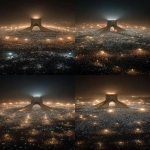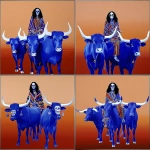Explore the Best AI Image Gallery
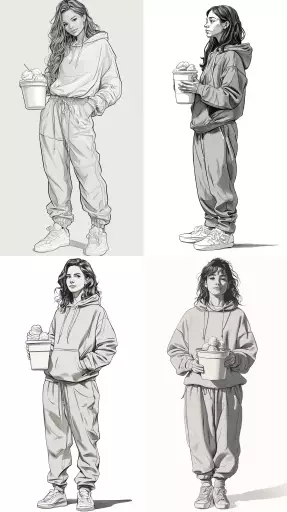
The Algorithmic Muse: Navigating the Ethics of AI-Generated Media
The creative landscape is undergoing a seismic shift with the advent of artificial intelligence (AI), particularly in the realm of media generation. Tools capable of producing stunning visuals, compelling narratives, and even original music are rapidly becoming mainstream, raising both excitement and apprehension within the creative community. While these advancements offer tantalizing possibilities, they also present a complex ethical minefield that demands careful consideration.
A New Era of Creative Possibilities
AI-generated media is already making its mark across various sectors. Artists are leveraging AI algorithms to explore novel artistic expressions, designers are incorporating AI-powered tools for generating prototypes and concepts, and marketers are utilizing AI to personalize content and create immersive experiences. The potential applications seem limitless, blurring the lines between human and machine creativity.
The Creative Industry: A Landscape in Flux
The impact of AI on the creative industry is multifaceted. On one hand, it empowers creators with innovative tools to enhance their workflows, streamline processes, and overcome creative roadblocks. AI can automate repetitive tasks, freeing up human artists to focus on conceptualization, ideation, and higher-level artistic decisions.
However, this shift also raises concerns about the displacement of human creatives. As AI becomes more sophisticated, there are anxieties that it could ultimately replace the need for human artists, designers, and writers altogether. This potential job displacement necessitates a critical examination of how we can ensure that AI augments human creativity rather than supplanting it entirely.
Ethical Considerations: Navigating Uncharted Territory
The ethical implications of AI-generated media are profound and require careful navigation. One key concern is the issue of authorship and intellectual property. When an AI system creates a work, who owns the copyright? Is it the developer of the AI, the user who inputs the prompts, or the AI itself?
Furthermore, there are concerns about bias and fairness in AI algorithms. If an AI is trained on biased data, it may perpetuate and amplify existing societal biases in its generated content. This can lead to the reinforcement of stereotypes and the creation of harmful representations.
Transparency and Accountability: Pillars of Ethical AI
To mitigate these ethical challenges, it is crucial to promote transparency and accountability in the development and deployment of AI-generated media. This includes:
- Open-sourcing AI models: Making the underlying algorithms accessible to the public allows for scrutiny and collaboration, fostering a more inclusive and transparent development process.
- Data provenance and bias detection: Ensuring that AI training data is representative, diverse, and free from harmful biases is essential for generating fair and equitable outcomes.
- Explainable AI (XAI): Developing techniques to make AI decision-making processes more understandable to humans can help build trust and accountability.
- Ethical guidelines and regulations: Establishing clear ethical frameworks and regulations for the use of AI in media creation can provide guidance and prevent misuse.
The Future of AI-Generated Media: A Collaborative Landscape
The future of AI-generated media likely lies in a collaborative approach where humans and AI work together as creative partners. AI can serve as a powerful tool to augment human creativity, expand artistic possibilities, and accelerate the creative process. However, it is essential that we prioritize ethical considerations, ensure transparency and accountability, and foster a collaborative environment where both human and artificial intelligence contribute to shaping the future of media creation.
By embracing this collaborative vision, we can harness the transformative potential of AI while upholding the values of creativity, innovation, and ethical responsibility.
](https://images.ai-img.art/thumbnails/150/bf53be60bd2c95796a62f14ffd83fb6e77f5bacfc837720b1a939a80512ff33a.webp)
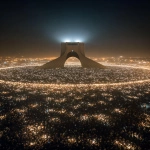

](https://images.ai-img.art/thumbnails/150/da1b96f086142e5b963b45e87850f2e54052e64b2547b953d6e672f857c70983.webp)



](https://images.ai-img.art/thumbnails/150/3f66200b1a7d200e2d5ec57b1ba9396c53f6a5adf00b12228e92ef33a127a643.webp)
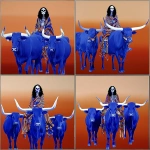
](https://images.ai-img.art/thumbnails/150/49b2045656114485ebab918ddb6e08f966bcfa29c558162f03aa9cfb3b4db753.webp)


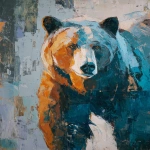





](https://images.ai-img.art/thumbnails/150/99bc047573dec087a846aea7d8f25f25730d536ef310ffb53d5c5f6cefe1bfac.webp)



](https://images.ai-img.art/thumbnails/150/00b290d796713140a96e0c6ea47c6b48fce685ce0f6e88d13aeff0efddff3ef6.webp)
](https://images.ai-img.art/thumbnails/150/f5e636d5279cb83e912f9a07dfb31df83d56c73c2ff738d2e2b2291c46d75099.webp)


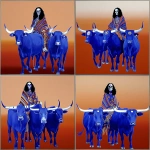


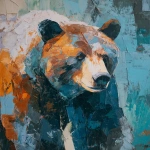
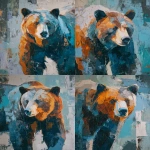


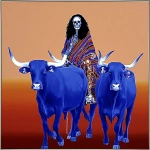

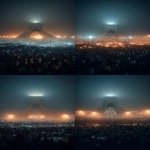
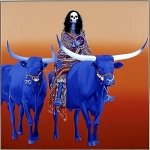









](https://images.ai-img.art/thumbnails/150/d4f221f590fe8f7bc904116c913ac3c968fc54e2f7d16be1ed4e4eee38106398.webp)

